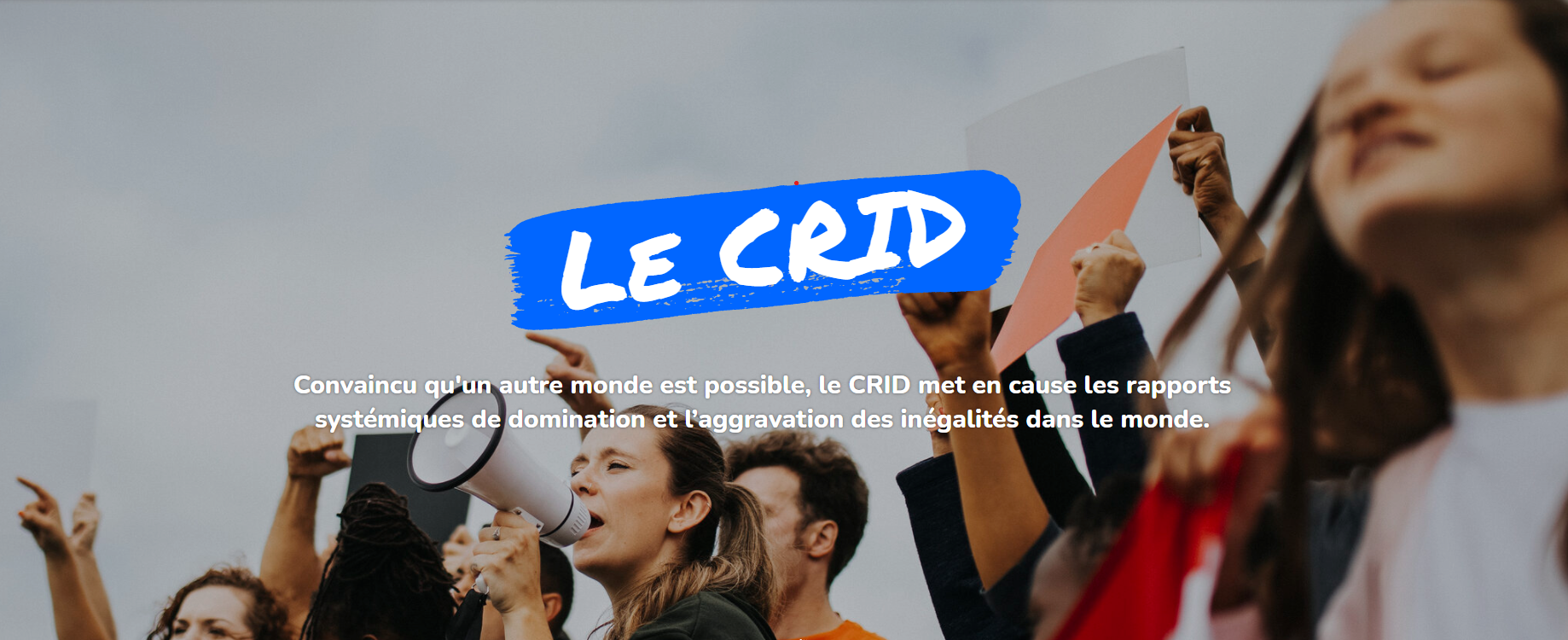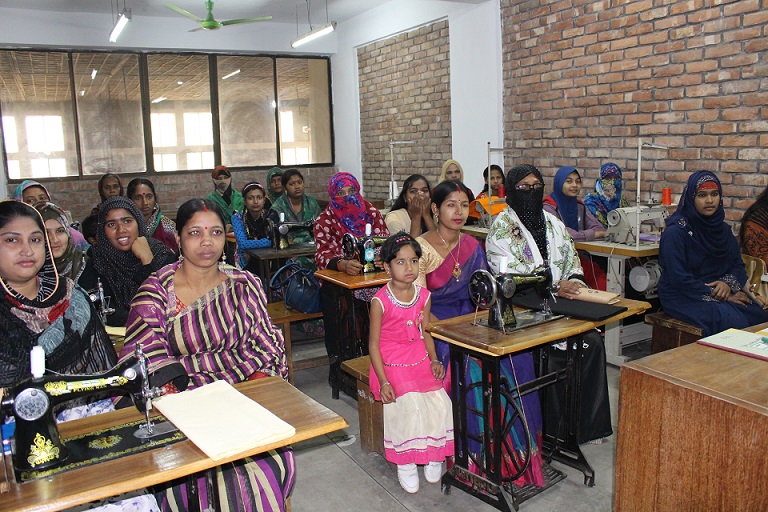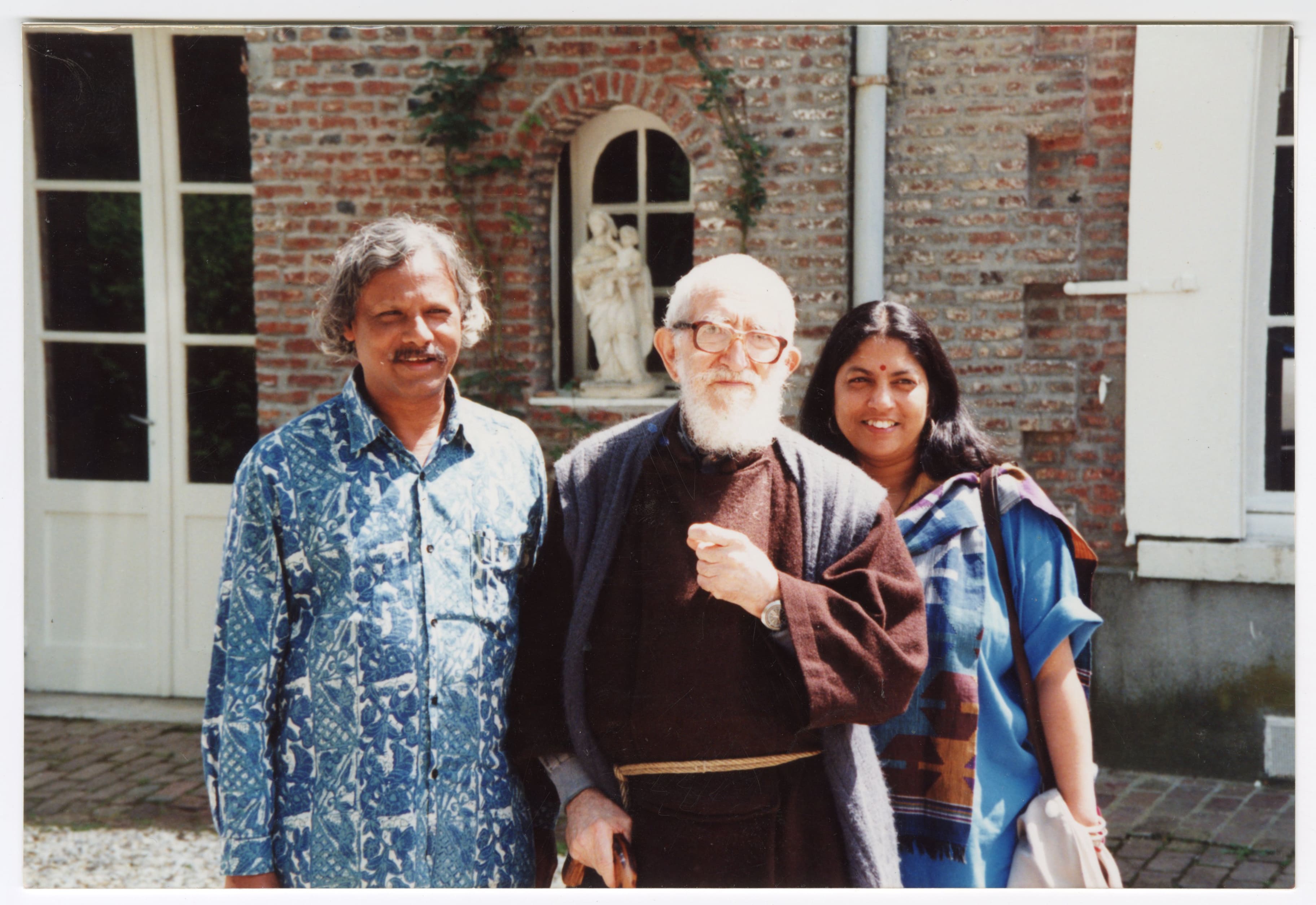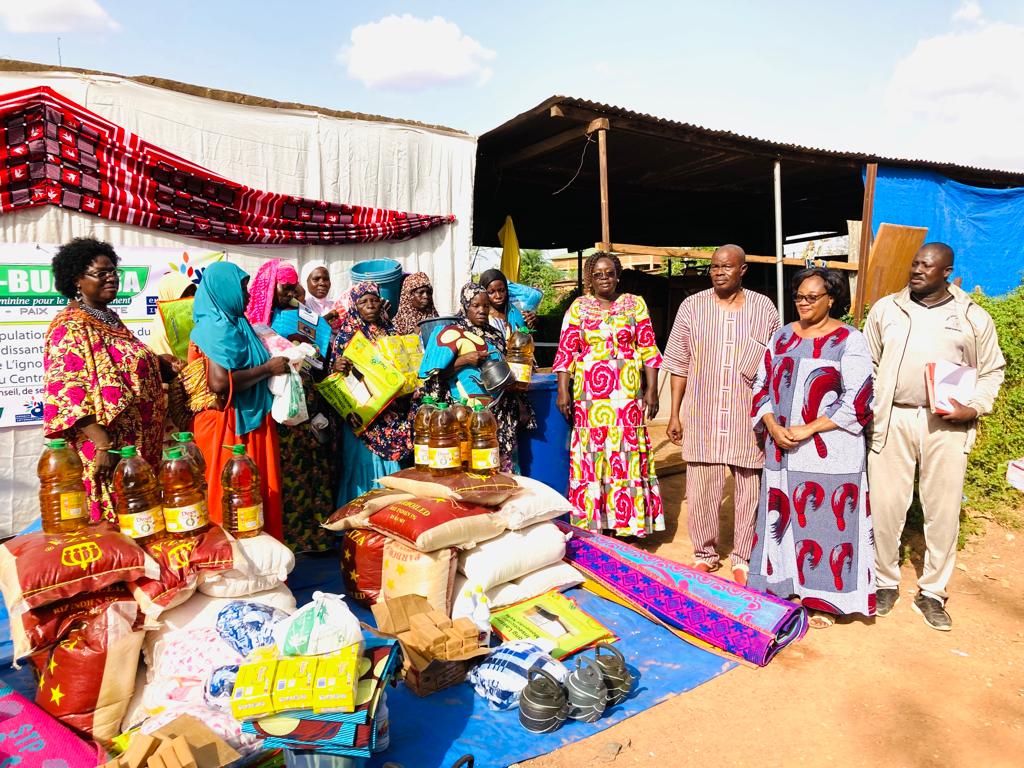Challenges posed by the Covid-19 crisis for a world of greater solidarity

To respond to the challenges posed by this health crisis and to reflect on the issues raised during this difficult period, CRID members – a coalition created in the 1970s made up of around fifty French NGOs, including Emmaus International during the 1990s – drafted a political discussion memo to raise key issues and put forward alternatives common to international solidarity organisations.
—————-
Political reflection note from CRID members
10/11/2020
Challenges posed by the Covid-19 crisis for a world of greater solidarity
The Covid-19 crisis has shaken the world and our international solidarity organisations. The result of this shock is that climate issues, rising inequalities and poverty are not receiving the necessary responses.
Based on discussions between CRID board members, this text outlines shared aspects and findings by our organisations which help us to reflect on the issues at stake during this difficult period. This text also offers common avenues for CRID and international solidarity, while raising key questions.
Covid-19 reveals a systemic crisis
This crisis, which began as a health crisis, immediately became multi-dimensional, causing havoc in people’s lives, upsetting activities in our societies and, in particular, impacting vulnerable people’s access to income. This pandemic, unprecedented in scale and with its unpredictable evolutionary path, perfectly illustrates the dangers of a drifting globalisation, and the foreseeable consequences of a capitalist system that is running out of steam.
Moreover, it acts as a magnifying glass, revealing and reinforcing all the existing problems and the multiple crises generated by globalisation, as a profoundly unequal and destructive system. The current situation, which is far from being restricted to a health crisis, uncovers developments deeply rooted in the dominant model of our societies:
- Regression in the protection of fundamental rights* which go hand in hand with threats to democracy, the repression of popular uprisings and the criminalisation of social and citizen movements;
- Multidimensionality of vulnerabilities;
- At times irreversible ecological damage (to ecosystems, biodiversity, oceans, etc.) leading us to fear the worst for the preservation of many life forms;
- Increasingly brutal restrictions on freedom of movement under the guise of guaranteeing our “safety”, one of the justifications for inhuman and murderous migration policies;
- Erosion of public services and the legitimacy of public actions, to the profit of companies and their shareholders.
It is a powerful indicator of the state of inequality in the world, in terms of access to a dignified income, health, education, drinking water, information, etc. Gender inequalities and discrimination have increased; the responses of some governments during the first phase of this crisis have even made these worse, with increasing violence against women in many places around the world, disappearances and murders, discrimination against indigenous peoples, and so on.
Ultimately, this crisis reveals a shared vulnerability at a global level, including for some segments of the richest populations, reminding us not only of our interdependence, but also raising profound questions about the future of our humanity.
Responses to the Covid-19 crisis risk accentuating the systemic crisis
In the face of the rapid development of the pandemic, governments naturally face complex challenges. While some responses may sometimes seem naïve and outdated, others seem to be part of the “shock doctrine”, as explained by Naomi Klein who denounces “the rise of disaster capitalism”. In recent decades, governments have often responded to disasters with ultra-liberal responses: more privatisation in access to basic needs (housing, water, health, education, etc.), more privatisation of living things making the same stakeholders richer and richer, to the detriment of the majority of the world’s population. There is a great risk that the “same recipes” will continue to be used, even though they have led to an unprecedented level of inequality and numbers of vulnerable people. Even before the Covid-19 crisis, the richest 1% on the planet owned twice as much wealth as 6.9 billion people**. And to cite just one example, the 22 wealthiest men in the world owned more than the entire female population of Africa. And this situation is getting worse.
Galvanised by a social and economic situation which is conducive to fear and withdrawal, governments in many countries are reinforcing their authoritarian practices.
Under the pretext of “safety” and fighting against the pandemic, this crisis intensifies governments’ control over their populations. While the current situation highlights the role of public action and its legitimacy, there is a risk that it will be implemented for security or authoritarian purposes. This potential drifting must act as a warning to our organisations, which have been denouncing these practices for many years.
As a consequence of this new crisis, inequalities and vulnerabilities will continue to worsen wherever people affected by the multiple aspects of the crisis are not involved in the design, implementation and monitoring of recovery and pandemic containment plans. Yet, as this crisis gradually unfolds, it is these people who are the most affected and, very often, the most neglected.
Responses to the multiple aspects of crises affecting populations have local and national dimensions. However, the addition of local responses cannot claim to offer a solution to this systemic crisis. All the more so if a dominant model is maintained which advocates competition at every level, creating a breeding ground for the succession of current and future crises.
The organisation of production and trade, set up by the dominant countries throughout history, plays a key role in the origin of these crises. The countries advocating this model therefore play a crucial role in finding solutions. These solutions can only be decided upon in a multilateral, effective democratic forum, which ensures that responses are not dictated by the most powerful.
The management of the Covid19 crisis demonstrates the helplessness of multilateral forums in providing and implementing decisive responses and necessary shifts in direction to face these many challenges in a coherent manner at international level.
Unprecedented opportunities to push for coherent and supportive alternatives
However, by highlighting and accentuating the unequal and discriminatory nature of our societies, this global crisis also offers an unprecedented “cognitive liberation”. The chance to think which seemed unimaginable before, when everything “seemed fine” for many people.
The multiple links between environmental damage and the appearance of major health threats, between the health system and resilience to pandemics, are also indications of the inextricable links between the environmental, social, economic and health crises.
A fair economic recovery will require binding rules for multinationals; in a broader sense, the protection of the environment and biodiversity, along with access to fundamental rights, will also have to be imposed on production and trade systems. The rules which will apply will only be truly effective if they aim to continually reduce existing inequalities and discrimination, whilst also contributing to ensuring greater social justice and equality.
International solidarity organisations have their role to play in this new configuration. CRID wishes to be involved in reflection and discussion forums, in order to develop articulated and coherent responses that put solidarity at the forefront.
Common challenges for CRID and its members to tackle together:
- Develop responses to crises that are co-constructed and thought out from all continents, not just from rich and dominant countries;
- Defend the place of fraternity and solidarity in the responses developed at the local, regional and international levels;.
- Reaffirm the role of common goods, of public action which serves the common interest;
- Bring particular attention to the different issues involved in “fair” migration, in countries in the North and the South;
- Lead the ideological battle against cultural hegemonies and for ideas built around public action, the effectiveness of fundamental rights, freedom of movement, an end to colonialism and its lasting effects, solidarity as an alternative to competition and transformative responses to climate, environmental and social crises;
- Impose the role of civil society in creating a shared, solidarity-based and respectful future for the planet;
- Demand sovereignty based on solidarity and respect for international law that supports the objectives of equality, democracy and public freedoms, and is built on a daily basis with social and citizen movements, as opposed to state sovereignty based on turning inward, exclusion of others and authoritarianism;
- Build or rebuild international political spaces, in order to think about responses to the crisis in line with a global general interest that needs to be defined.
*Cf. June 2019 report by the EU Agency for Fundamental Rights
**January 2020, Oxfam International’s report “Time to care” – Unpaid and underpaid care work and the global inequality crisis.


